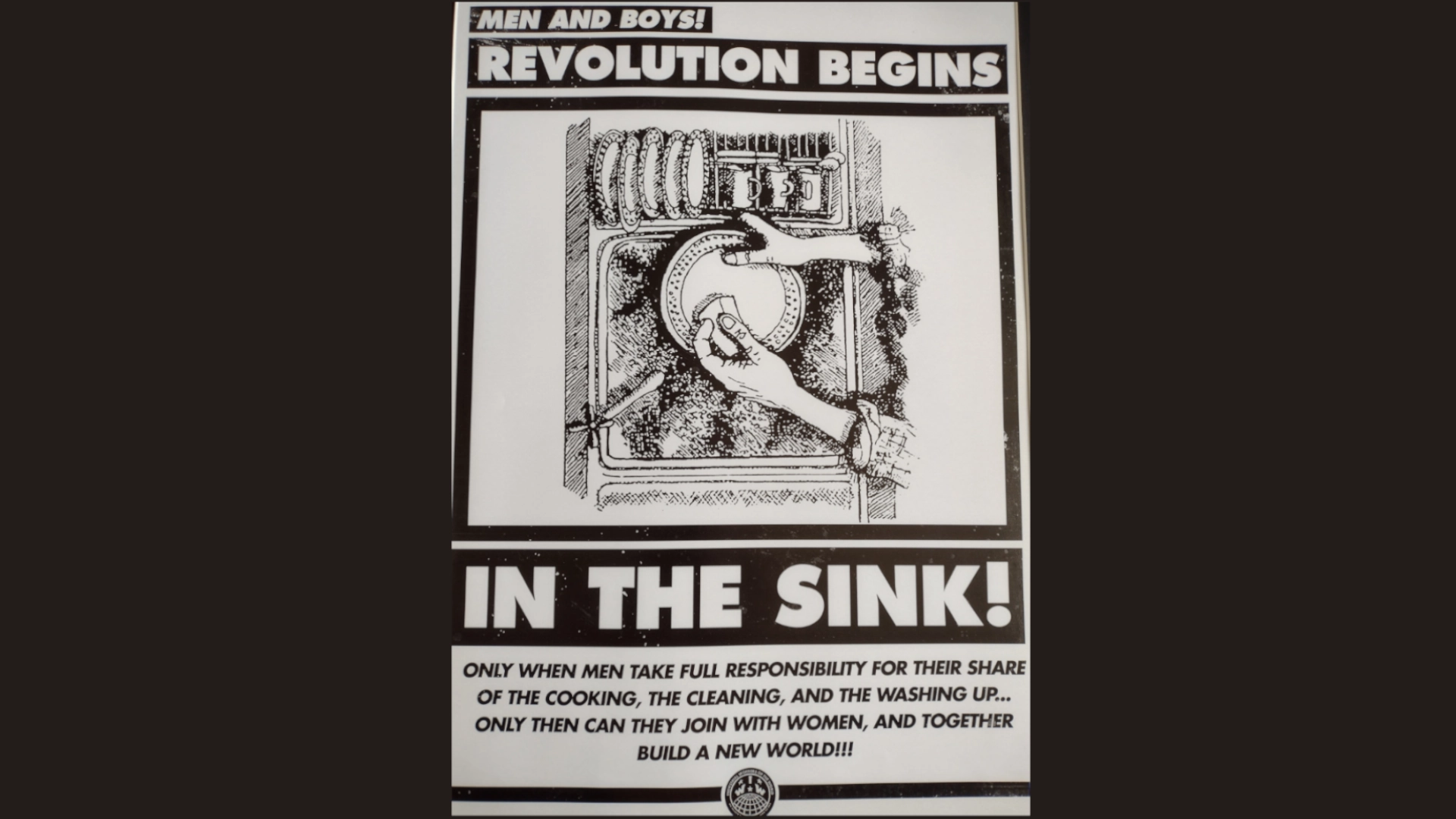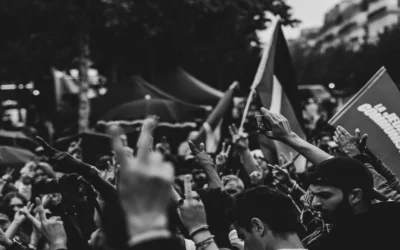International Women’s Day (known for decades as International Workingwoman’s Day) was established as a day of resistance and struggle first in the USA in 1909 (as National Women’s Day), by an initiative of women members of the Socialist Party of America. The following year, at the International Socialist Women’s Conference organized before the general assembly of the Second Socialist International in Denmark, on the initiative of communist Clara Chetkin and other female comrades, the annual “Women’s Day” was established. One year later, the first International Women’s Day was marked by demonstrations in Austria, Denmark, Germany and Switzerland, attended by over a million people.
Industrial Workers of the World (IWW)
The IWW since its establishment has been associated with advancing the interests of working-class femininities. It was the first mass union in the US to not only accept women as members (most unions of the time excluded them), but to have women as leaders. In the words of IWW’s leading member Elizabeth Gurley Flynn, “The IWW has been accused of pushing women to the front. This is not true. Rather, the women have not been kept in back, and so they have naturally moved to the front.” This should come as no surprise, as the union’s founding convention in 1905 featured prominent female activists such as Lucy Parsons and Mary G. Harris Jones (Mother Jones). We must not forget that the victorious strike of tens of thousands of immigrant women textile workers in Lawrence, Massachusetts in 1912, also known as the Bread and Roses Strike, was organized by the IWW.
In Cyprus
In the last few years before the pandemic, there had been an effort to redefine March 8 as International Working Women’s Day (a definition that includes the unpaid domestic reproductive work), with mass women’s strikes around the world. This effort also reached Cyprus, literally a few days before the first lockdown in 2020. From the symbolic work stoppage and the huge chain formed by working women on March 8 of that year, we obviously could not be absent. The IWW around the world have stood, are standing and will always stand against Glass Ceilings and, above all, Sticky Floors, against gender-based violence of all forms, against inequality in labor exploitation, against any limitation to the right to terminate pregnancies, against the unpaid and undervalued aspects of reproductive work.
March 8th is not a celebration, it’s a Struggle!
(Announcement with the approval of the Internal Relations and Gender Equity Committee of the Cyprus Regional Organizing Committee of the Industrial Workers of the World)




